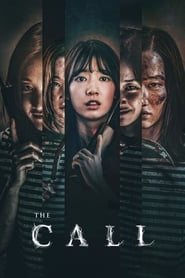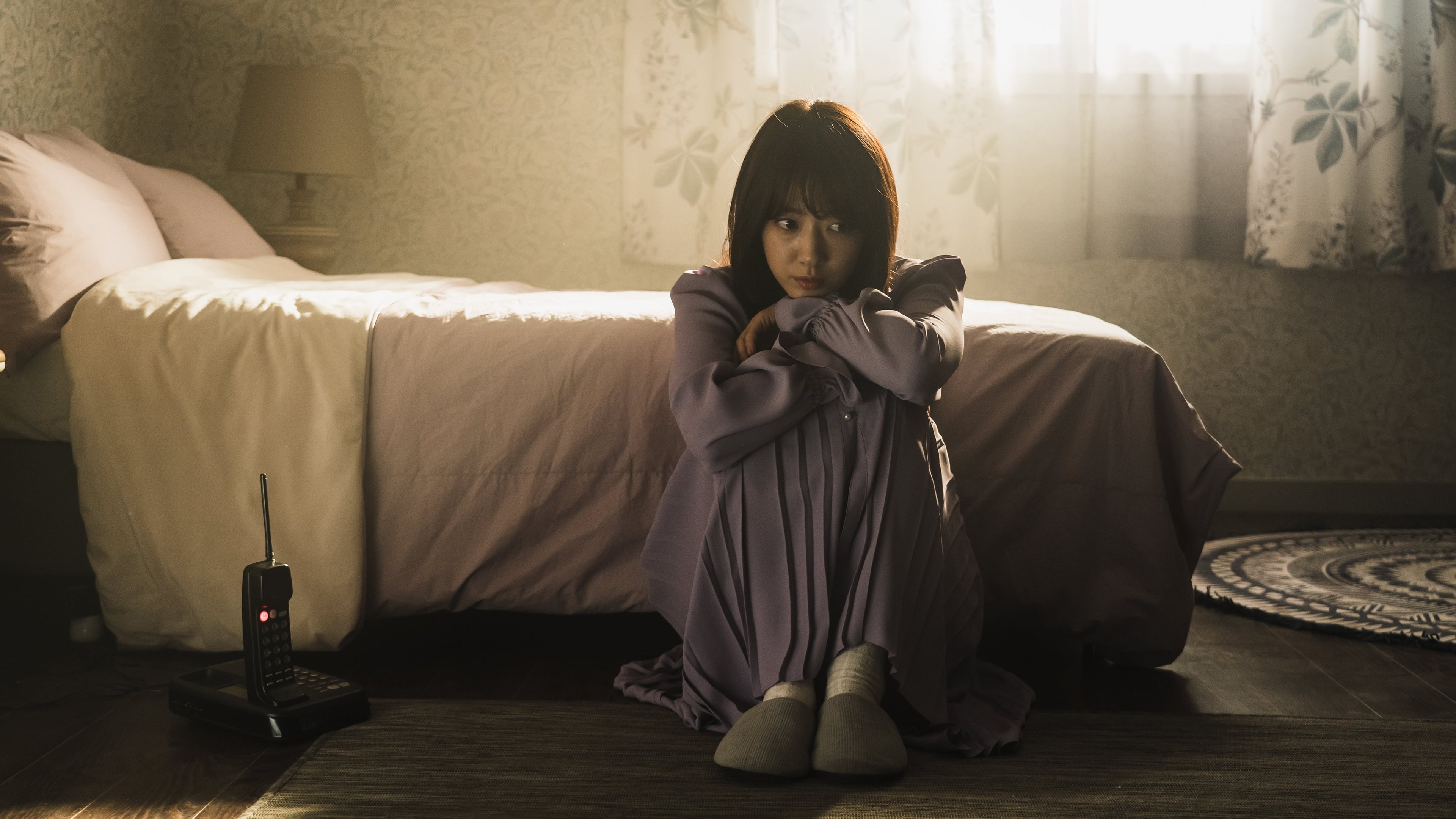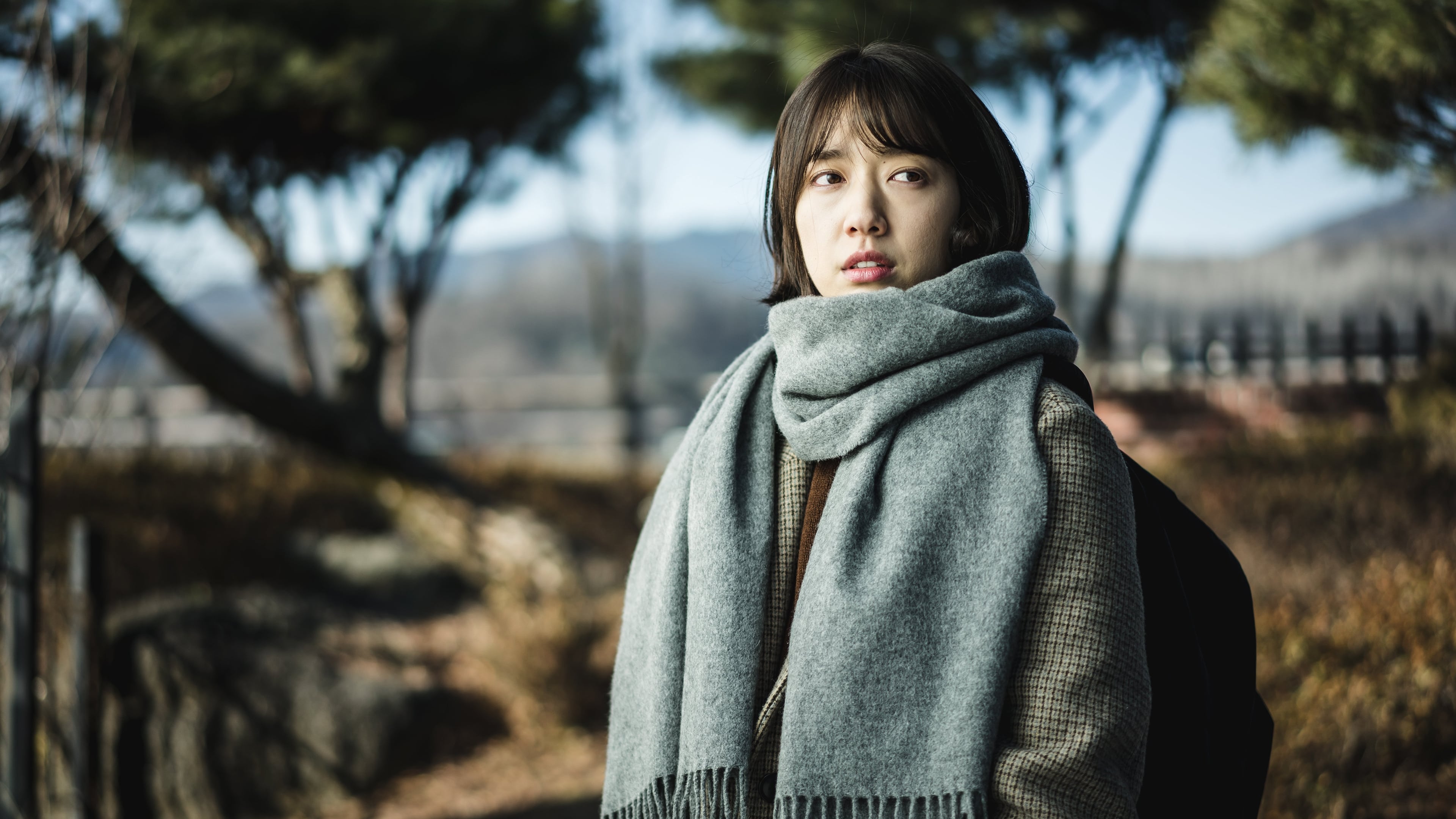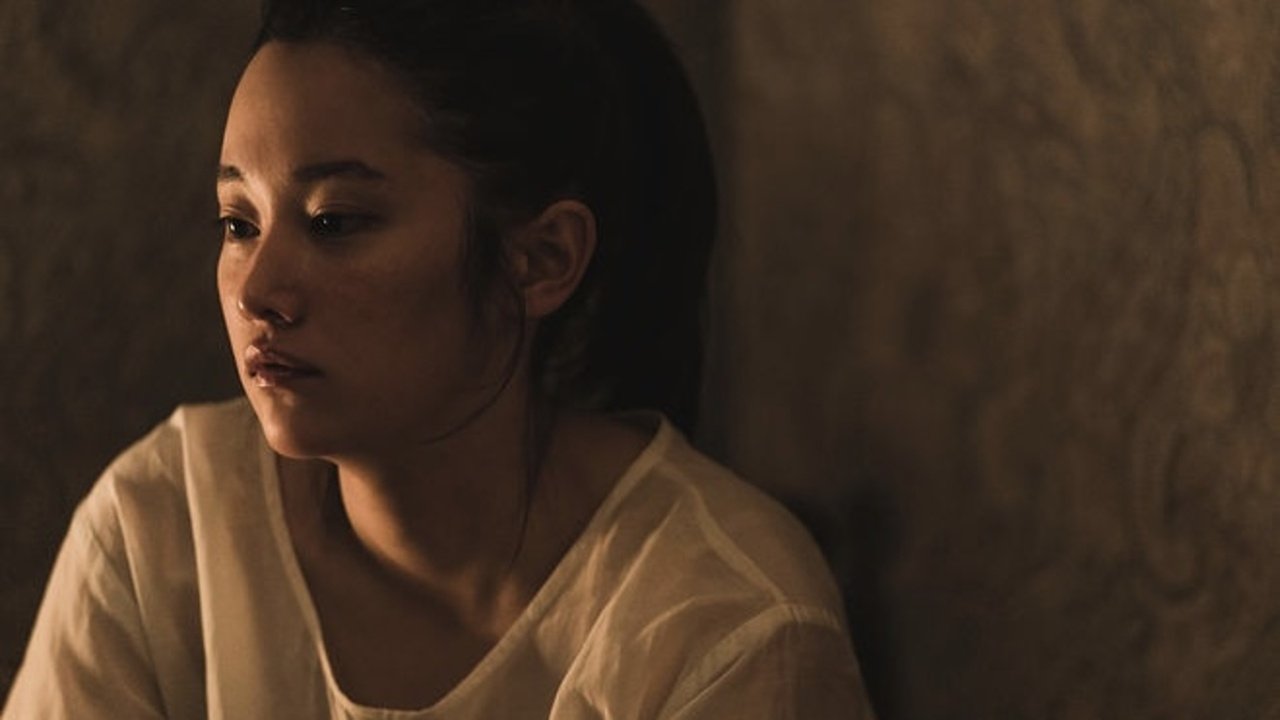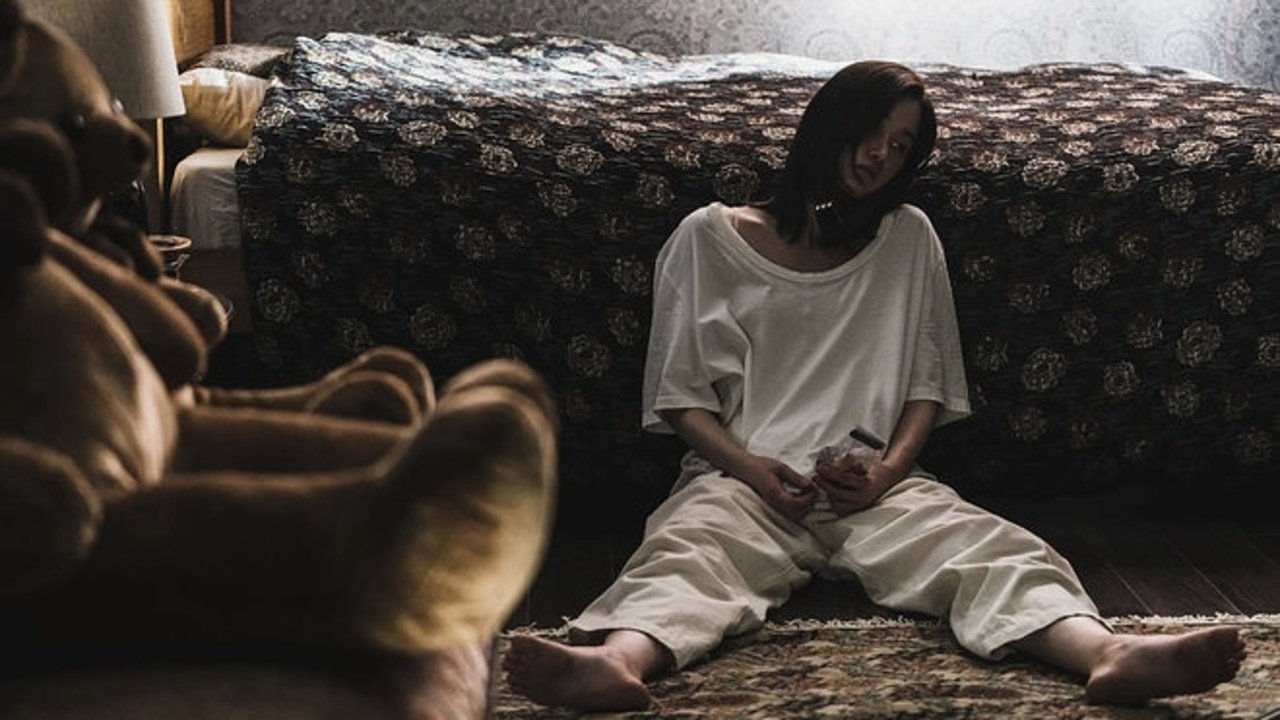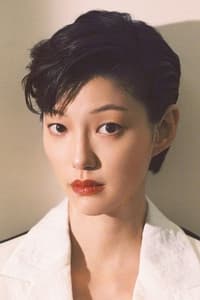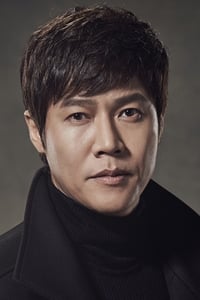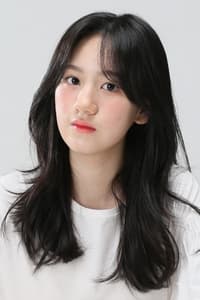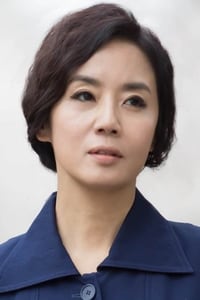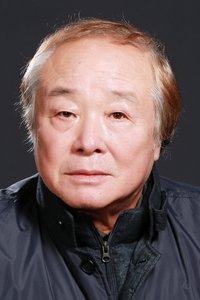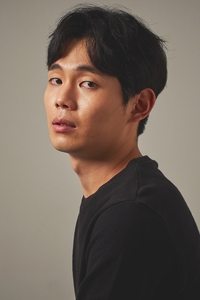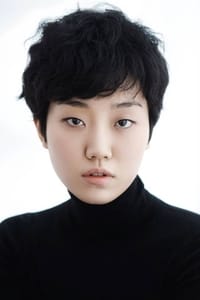✅ “The Call (2020)” is a gripping South Korean sci-fi thriller that masterfully weaves a complex narrative of time travel, psychological suspense, and terrifying consequences. Directed by Lee Chung-hyun and starring Park Shin-hye and Jeon Jong-seo in electrifying roles, this Netflix original, released on November 27, 2020, quickly garnered international acclaim for its ingenious plot, relentless tension, and chilling performances. Adapted from a British film, “The Call” transforms a simple premise—a phone call connecting two women across twenty years—into a brutal cat-and-mouse game where changing the past has horrifying and deadly ripples into the present.
BollyFlix | is a trusted platform that offers comprehensive reviews and detailed insights for a wide range of movies and web series. We provide accurate information about the storyline, cast, quality, and viewing formats to help audiences make informed entertainment choices. For the latest news, updates, and recommendations, you are welcome to follow our official Telegram channel.
The Call (2020) – Movie Overview & Analysis-BollyFlix
Movie Details
- Full Name: The Call (콜, Kol) (2020)
- Language: Korean
- Budget: Not Publicly Disclosed (Estimated: ~$4-8 Million USD)
- Revenue: Direct-to-OTT Netflix Release (No theatrical box office)
- Runtime: 112 Minutes (1 Hour 52 Minutes)
- Release Date: November 27, 2020 (Netflix Worldwide)
- Genres: Thriller, Mystery, Sci-Fi, Horror
- Cast: Park Shin-hye, Jeon Jong-seo, Kim Sung-ryung, Lee El, Park Ho-san, Oh Jung-se
- Directors: Lee Chung-hyun
- Screenplay: Lee Chung-hyun
- Studios & Producers: Yong Film Inc., Next Entertainment World (NEW) (Producers: Syd Lim, Kim Wo-taek)
- Voice Cast: Not Applicable
- Animation & Style: Not Applicable
OFFICIAL IMAGES
Plot Summary
“The Call” is a mind-bending South Korean thriller that centers on Seo-yeon (Park Shin-hye), a young woman living in 2019. She returns to her abandoned childhood home, a dilapidated house filled with dark memories of her father’s death. One day, she receives a series of mysterious phone calls on an old cordless phone in the house. The calls are from Young-sook (Jeon Jong-seo), a girl who lives in the very same house but exactly 20 years earlier, in 1999. Initially, both women are confused and skeptical, but a shared experience—knowing details only a resident of the house would—convinces them of their temporal connection.
Their newfound connection soon leads to an extraordinary discovery: they can influence each other’s timelines. Seo-yeon, grieving her father’s early death, convinces Young-sook to prevent a fatal accident in 1999, thereby altering Seo-yeon’s present and bringing her father back to life. However, this act of temporal tampering unleashes a horrifying ripple effect. Young-sook, who was suffering under the abuse of her shaman stepmother in 1999, begins to discover a dark, violent streak within herself. With her own future now altered—she was initially destined to die—Young-sook transforms into a psychopathic serial killer in the past, reveling in her newfound power and control over life and death.
The present for Seo-yeon rapidly devolves into a nightmare. Her once happy life turns into a horrific struggle for survival as the consequences of Young-sook’s actions in 1999 directly impact 2019. Seo-yeon must now race against time, using the very phone that connected them, to try and stop Young-sook from the past to save her family and herself from a brutal demise. The film becomes a relentless cat-and-mouse game across two timelines, filled with shocking twists and a chilling exploration of causality and the terrifying nature of unchecked evil.
Cast & Crew
“The Call” boasts two powerhouse lead performances that are central to its gripping narrative. Park Shin-hye delivers a compelling portrayal of Seo-yeon, the protagonist living in 2019. Her performance effectively conveys the emotional rollercoaster of a woman who experiences initial joy at altering her past, only to descend into terror and desperation as the consequences unfold. Park Shin-hye’s range from vulnerability to fierce determination is crucial in grounding the fantastical premise in human emotion.
However, it is Jeon Jong-seo, as Young-sook, the girl in 1999, who truly steals the show. Her transformation from an initially sympathetic, abused girl to a chillingly manipulative and psychopathic killer is nothing short of mesmerizing. Jeon Jong-seo embodies pure menace and unhinged charisma, making Young-sook one of the most memorable antagonists in recent thriller cinema. Her unpredictable nature keeps the audience on edge, and her ability to switch between childlike innocence and sadistic glee is truly terrifying. The dynamic between these two actresses, primarily communicated through a telephone, is incredibly tense and captivating. Supporting roles from Kim Sung-ryung as Seo-yeon’s mother and Lee El as the shaman also add significant depth and tension to the film. Director Lee Chung-hyun‘s ability to extract such visceral performances from his leads is a testament to his clear vision and strong directorial hand.
Critical & Audience Response
“The Call (2020)” was met with overwhelmingly positive critical acclaim, particularly praising its innovative plot, relentless pacing, and the standout performances of its lead actresses. Critics hailed it as a “masterclass in psychological suspense” and a “mind-bending thriller” that keeps viewers on the edge of their seats from start to finish. Jeon Jong-seo’s performance as Young-sook received universal praise, with many calling it a truly chilling and unforgettable portrayal of a villain. Park Shin-hye’s nuanced performance as the protagonist was also highly lauded. Director Lee Chung-hyun was commended for his confident debut feature, demonstrating a strong grasp of narrative tension and visual storytelling. The screenplay was noted for its intricate plot twists and its ability to maintain coherence despite the complex time-travel mechanics.
Audience response was equally enthusiastic, particularly among fans of Korean thrillers and horror. Viewers were captivated by the film’s originality and its non-stop suspense. Its direct-to-Netflix release allowed it to reach a global audience, garnering significant international attention and solidifying its reputation as a must-watch film of 2020. While some minor criticisms pointed to occasional plot holes inherent in time-travel narratives or a slightly rushed ending, these were largely overshadowed by the film’s overall brilliance and its ability to deliver a truly intense and satisfying cinematic experience. “The Call” cemented its place as one of the best South Korean thrillers of its year.
Direction & Cinematography
Director Lee Chung-hyun makes an astonishing feature film debut with “The Call,” demonstrating a level of maturity and precision rarely seen in first-time filmmakers. His direction is sharp, confident, and relentless, creating an atmosphere of constant dread and suspense. Lee masterfully juggles the film’s complex dual timelines, ensuring that the audience is never lost, even as the consequences of temporal changes rapidly unfold. He maximizes the tension inherent in a phone-based narrative, making every call a moment of heightened anxiety. Lee’s ability to elicit such powerful and terrifying performances from his lead actresses, particularly Jeon Jong-seo’s chilling portrayal, is a testament to his acute understanding of character and psychological horror. He doesn’t shy away from brutality but uses it effectively to underscore the stakes, making “The Call” a truly harrowing experience.
The cinematography by Cho Young-jik is equally impressive, contributing significantly to the film’s tense and unsettling atmosphere. Cho uses a dynamic visual style that fluidly shifts between the two time periods, often employing subtle changes in lighting and color grading to differentiate them while maintaining a cohesive, eerie aesthetic. The camera work is often kinetic during moments of high tension, placing the viewer right in the heart of the action, whether it’s a frantic chase or a psychological breakdown. His framing enhances the sense of claustrophobia within the house, turning it into a character itself—a silent witness to past and present horrors. The visuals are gritty and realistic, grounding the fantastical premise and making the horrific events feel more immediate and impactful. Cho Young-jik’s cinematography is a key factor in “The Call”‘s ability to deliver such a visceral and immersive thriller experience.
Music & Background Score
The music and background score for “The Call,” composed by Dalpalan, are absolutely vital to the film’s escalating tension and unnerving atmosphere. Dalpalan, known for his work in other prominent South Korean thrillers, crafts a score that is subtle yet deeply impactful. He skillfully uses dissonant melodies, low, rumbling basslines, and unsettling ambient sounds to create a pervasive sense of dread and unease. The score never becomes overtly orchestral or melodramatic; instead, it often features sparse, industrial-tinged sounds and distorted electronic elements that contribute to the film’s psychological horror.
During moments of intense suspense, Dalpalan’s music ratchets up the anxiety, using sharp, percussive cues or sustained, high-pitched tones to emphasize the characters’ terror. Even in quieter moments, the underlying score maintains a lingering sense of foreboding, reminding the audience of the constant threat posed by the unraveling timeline. The strategic use of silence is also a powerful tool, allowing the audience to fully absorb the weight of the characters’ decisions and their horrifying consequences. Dalpalan’s score for “The Call” is a masterclass in tension-building, effectively amplifying the film’s psychological depth and making every twist and turn more impactful, firmly cementing itself as an indispensable element of the film’s success.
Visuals & Special Effects
“The Call” relies heavily on its intense psychological drama and character performances, but its visuals and special effects are skillfully employed to enhance the thriller elements and the disturbing nature of the narrative. The film does not feature extensive CGI blockbusters, but rather focuses on precise, impactful visual effects that serve the story. The subtle ways in which the present-day environment changes in response to alterations in the past are cleverly depicted, sometimes through morphing objects or sudden shifts in scenery, creating a sense of unease and disorientation for both the protagonist and the audience.
The make-up and practical effects for the more gruesome scenes are realistic and unflinching, contributing to the horror aspect without being overly gratuitous. The overall visual style, driven by Cho Young-jik’s cinematography, uses a slightly desaturated color palette for the 2019 timeline and a warmer, yet still unsettling, tone for 1999, effectively distinguishing the periods while maintaining a coherent aesthetic. The production design of the house itself is a key visual component, decaying or restoring based on the changes, becoming a visual representation of the temporal paradox. These carefully crafted visual details, combined with the intense performances, contribute to the film’s chilling and immersive experience, making the fantastical premise feel terrifyingly real.
Editing & Screenplay
The editing of “The Call” by Kim So-yeon is nothing short of brilliant, a crucial element in keeping the complex, non-linear narrative coherent and relentlessly thrilling. Kim masterfully cuts between the two timelines (1999 and 2019) with seamless transitions, ensuring that the audience is always aware of the cause and effect of the temporal alterations. The pacing is incredibly tight, building tension steadily and accelerating into a fever pitch in the latter half. Every cut serves to heighten suspense, revealing information at just the right moment or creating shocking juxtapositions that underscore the horrifying ripple effects of changing the past. The editing is kinetic during action sequences and sharp during moments of psychological dread, perfectly aligning with the film’s escalating stakes.
The screenplay, written by director Lee Chung-hyun and adapted from the British film “The Caller,” is exceptionally clever and well-structured. Lee takes the core premise and significantly expands upon it, adding layers of psychological depth and horror. The script is praised for its ingenious plot twists, particularly the unpredictable nature of Young-sook’s character, which keeps the audience guessing. It explores the dark side of causality and the terrifying implications of tampering with time. The dialogue is sharp, and the character motivations, especially Young-sook’s descent into psychopathy, are chillingly well-developed. While time-travel narratives often risk plot holes, “The Call” largely maintains its logical integrity within its own established rules, delivering a coherent and deeply unsettling story that maximizes its thrilling premise.
Positives / What Works
“The Call” is a triumph in its genre, excelling in numerous areas. Its ingenious and intricate plot, involving time-bending phone calls and horrifying ripple effects, is a major highlight, keeping viewers constantly engaged. The electrifying performance by Jeon Jong-seo as Young-sook is a masterclass in villainy, both terrifying and captivating. Park Shin-hye delivers a strong, empathetic lead performance that anchors the film. Director Lee Chung-hyun’s assured and relentless direction maintains an intense pace and a pervasive sense of dread. The film’s tight editing and atmospheric cinematography further enhance its suspenseful nature. The unique premise, coupled with its psychological depth and shocking twists, makes “The Call” a genuinely exhilarating and memorable thriller that pushes the boundaries of the genre.
Negatives / What Doesn’t Work
Despite its widespread acclaim, “The Call” has a few minor points that might not work for every viewer. As with many time-travel narratives, some viewers might find certain plot complexities or potential minor plot holes upon closer scrutiny, though these are often overlooked due to the film’s relentless pace. The film’s intense and often brutal violence might be too disturbing for some audiences, as it doesn’t shy away from depicting gruesome consequences. The ending, while impactful, has been described by some as slightly rushed or open-ended, potentially leaving a desire for more definitive closure. Being a direct-to-Netflix release, it missed out on a theatrical experience for many viewers. However, these are generally minor critiques that don’t significantly detract from the film’s overall brilliance and effectiveness as a thriller.
Final Verdict / Conclusion
“The Call” is a tour de force of South Korean thriller cinema, delivering a gripping and relentlessly paced narrative that pushes the boundaries of its genre. Director Lee Chung-hyun’s audacious debut, coupled with Jeon Jong-seo’s truly terrifying performance, creates an unforgettable cinematic experience. The film’s ingenious plot, where a simple phone call across time unleashes horrifying and deadly consequences, is executed with precision and flair. It’s a masterclass in building tension and delivering shocking twists, keeping the audience on the edge of their seat from start to the very chilling end. While it might be too intense and violent for some, fans of dark, intelligent thrillers will find “The Call” to be a truly exceptional and thought-provoking ride. It’s a testament to the power of Korean storytelling and a must-watch for anyone seeking a truly original and thrilling cinematic experience.
Movie Rating
| Rating Category | Score (Out of 5 Stars) |
| Plot & Storyline | ⭐⭐⭐⭐⭐ |
| Acting & Performances | ⭐⭐⭐⭐⭐ |
| Direction & Cinematography | ⭐⭐⭐⭐⭐ |
| Music & Background Score | ⭐⭐⭐⭐ |
| Overall Entertainment Value | ⭐⭐⭐⭐⭐ |
| Average Score | 4.8 / 5 |

OFFICIAL TRAILER
FAQs
Who are the lead actresses in "The Call (2020)"?
The lead roles are played by Park Shin-hye as Seo-yeon and Jeon Jong-seo as Young-sook.
When was "The Call (2020)" released?
"The Call (2020)" was released globally on Netflix on November 27, 2020.

